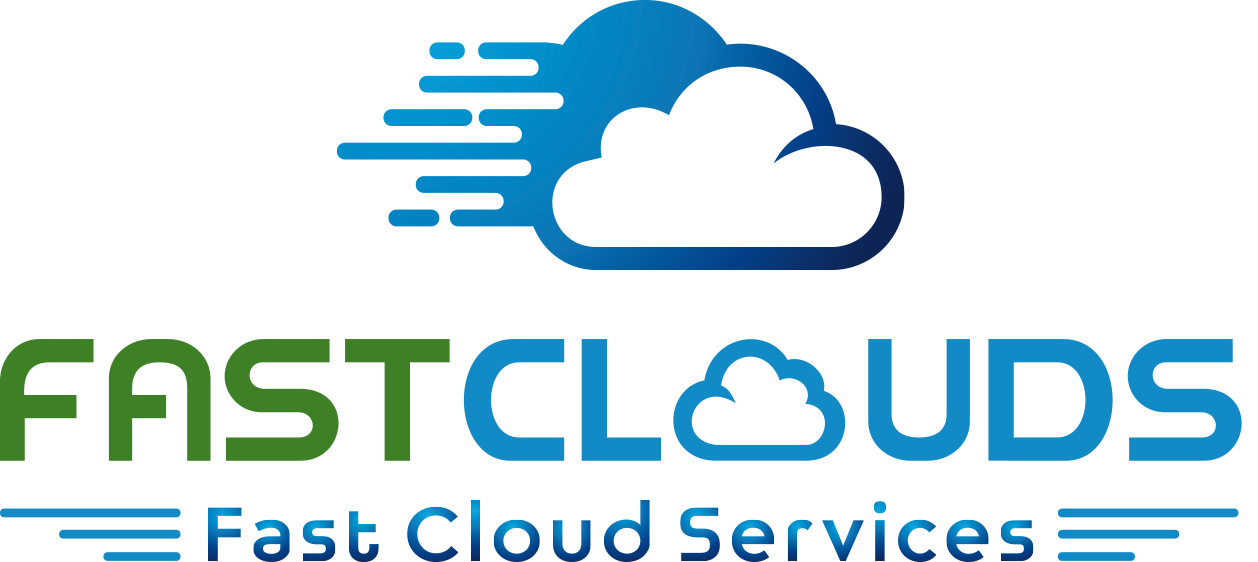Effective Tips and Solutions
In the era of rapid digital transformation, cloud technology has become a cornerstone for the advancement of the banking sector. It provides banks with unparalleled flexibility and efficiency in managing data and delivering digital services. However, alongside its advantages come significant security challenges that demand innovative solutions to protect sensitive information.
In this article, we highlight the importance of cloud technology for banks, the key security challenges it poses, and the most effective strategies for ensuring a secure and sustainable banking environment.
The Importance of Cloud Technology for Banks
-
Enhancing Banking Operational Efficiency
Cloud technology enables banks to improve operational efficiency by providing instant access to data. This supports the delivery of advanced digital banking services, such as mobile apps and online transactions.
-
Reducing Operational Costs
The cloud operates on a pay-as-you-go model, significantly reducing the need for substantial investments in IT infrastructure and hardware maintenance, thus lowering operational expenses.
-
Driving Technological Innovation
Cloud infrastructure allows banks to adopt advanced technologies such as artificial intelligence and big data analytics, contributing to the development of innovative services and greatly enhancing customer experience.
Security Challenges Facing Banks in Cloud Adoption
-
Protecting Sensitive Data
Banks handle vast amounts of sensitive data, including customer information and financial transactions. Any security breach of this data can harm the bank’s reputation and weaken customer trust.
-
Compliance with Regulations and Laws
Banks must adhere to local and international regulations, such as GDPR and PCI DSS standards. This necessitates robust strategies to ensure compliance when adopting cloud solutions.
-
Combating Rising Cyber Threats
Cyberattacks such as ransomware and DDoS attacks pose significant threats to cloud infrastructures, requiring continuous enhancement of security measures to address these risks.
-
Access and Permissions Management
Poor control over cloud data access can lead to severe security risks, such as unauthorized use or data leakage. Accurate permissions management is therefore critical to data protection.
Tips for Securing Banks in the Cloud Environment
-
Choose a Reliable Cloud Service Provider
Select cloud providers with a proven track record in digital security. Opt for providers offering advanced features like end-to-end encryption, intelligent firewalls, and cyber threat monitoring tools.
-
Encrypt Sensitive Data
- Apply strong encryption standards, such as AES 256-bit, to protect data both in transit and at rest.
- Ensure that only authorized users can access the data through secure encryption keys.
-
Implement Accurate Access and Permissions Management
- Use Identity and Access Management (IAM) systems to set precise permissions.
- Enable Multi-Factor Authentication (MFA) to prevent unauthorized access.
-
Comply with Security Standards
- Ensure adherence to regulations such as GDPR and PCI DSS to bolster data protection.
- Collaborate with cybersecurity specialists to regularly update security policies.
-
Regularly Backup Critical Data
- Create encrypted backups of important data on a routine basis.
- Develop comprehensive and rapid data recovery plans to address breaches or technical disasters.
-
Continuously Monitor Cloud Activities
- Use tools for User Behaviours Analytics (UBA) and threat detection to identify suspicious activities.
- Leverage machine learning technologies for early detection of sophisticated cyberattacks.
Innovative Solutions to Strengthen Cloud Security for Banks
-
Adopt Hybrid Cloud Solutions
A hybrid cloud offers a balanced approach, combining the advantages of public and private clouds. This enables banks to store sensitive data in secure private environments while leveraging public clouds for flexible and efficient customer services.
-
Implement a “Zero Trust” Security Model
This strategy focuses on continuous verification of user and device identities, regardless of their location or previous trust levels. It minimizes unauthorized access risks and strengthens overall security.
-
Utilize Container Technology
Containers help segment applications into isolated units that operate independently. This ensures smooth application performance in the cloud while minimizing security risks to the overall system.
-
Partner with Managed Security Service Providers (MSSPs)
Collaborating with specialized cybersecurity firms provides advanced protection. These providers offer continuous monitoring and tailored solutions to secure banks’ cloud infrastructure against cyber threats.
Benefits of Investing in Cloud Security for Banks
- Boosts customer confidence in the bank’s ability to safeguard their data.
- Reduces costs associated with data breaches or operational disruptions.
- Enhances competitiveness by enabling the delivery of innovative digital banking services.
- Ensures compliance with regulations, reducing legal and financial risks.
Conclusion
Cloud technology has become a fundamental pillar in the digital transformation journey for banks, offering exceptional flexibility and operational efficiency. However, its associated security challenges necessitate the adoption of comprehensive strategies to protect data and strengthen customer trust.
By investing in advanced security measures, such as encryption and effective access management, banks can achieve the ideal balance between digital innovation and cybersecurity. This paves the way for sustainable growth and comprehensive security in the digital business landscape.





